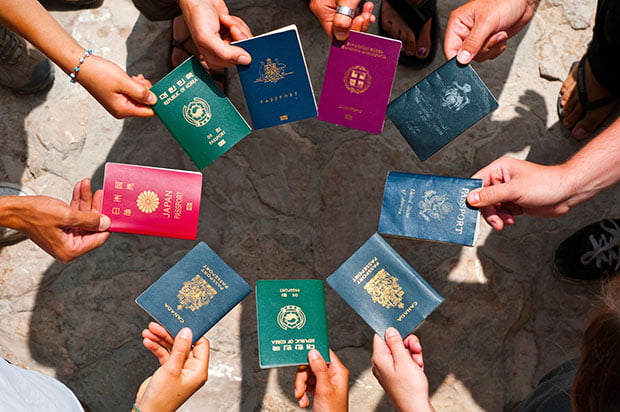
Indications of strong Brazilian outbound growth

In a presentation at the recent StudyTravel Alphe Brazil 2018 conference, Maura Leão, President of Belta, unveiled preliminary findings from the organisation’s annual Belta Seal Research on the country’s agency sector, and said that 94.9 per cent of participants reported increased business in 2017, compared with the previous year.
This adds to StudyTravel Magazine’s Brazil agency survey, published this month, which reveals an average business growth of 23 per cent in 2017 among the 34 participating agencies.
From the Belta Seal Research, Maura said that there was an average spend per client of US$9,989 in 2017, a 12 per cent increase compared with the previous year.
Canada remained the most popular destination in the Belta research, followed by the USA and the UK, which leapfrogged Australia and Ireland in 2017.
The main products sold were language courses, language plus work and vacation programmes – the same as in 2016 – although professional courses (certificates and diplomas) rose above high school courses into fourth place, and there were also increased market shares for undergraduate degrees, volunteer work and internships.
Similarly, in the StudyTravel Magazine Brazil agency survey, general language was the most common course request on 44 per cent, followed by language plus work on 20 per cent.
Speaking to StudyTravel Magazine, Maura – who is also CEO of Yazigi Travel – said, “2017 was certainly one more tricky year for the international education industry in Brazil, but not a negative one. We faced many uncertainties, politically and economically, but agents are resilient to keep things on track, so we could start 2018 with better expectations.”
In terms of trends she explained, “Short-term group programmes for any age groups are a big hit, along with long-term language programmes in countries where students are eligible to work some hours, and higher education is growing a bit every year, considering that students are more aware of the possibilities in terms of costs and scholarships available.”
Several destinations have already announced significant growth in Brazilian students in their 2017 data.
Member schools of ELT association Education South Africa announced a 55 per cent increase in students from Brazil, strengthening its position as the top source market. And a 23.2 per cent rise in 2017 led to Brazilian students becoming the second-largest cohort of student visa students for Australia’s English language Elicos sector, behind China.
And more recently, Malta’s National Statistics Office (NSO) reported that Brazil entered the top five source countries for the first time in 2017 on the back of a 72 per cent increase. There was also an increase in F-1 visas issued to Brazilian students by the USA in 2017 for academic or intensive language study, one of the few markets to record growth in the Department of State statistics.
Lara Crivelaro at Brazilian agency Efigie Educational told StudyTravel Magazine it was a tough start to 2017, but that from the middle of the year business gradually increased.
“The improvement was due to a number of reasons, firstly because the Brazilian economy showed strong signs of recovery and stabilisation, despite the continuing political crisis. The improvements in the economy led to an increase in consumer confidence and Brazilians became more willing to start new investments.” She added that disaffection with the political situation domestically encouraged more parents to “invest in overseas courses for their children, in hopes they will be able to settle outside of Brazil”.
See the March 2018 issue of StudyTravel Magazine for the Brazil Agency Survey, while the full results of the Belta research will be released later in the year.
Established in 1992, Belta currently comprises 42 accredited ‘seal’ agencies, and is a member of the global Federation of Education and Language Consultant Associations (Felca).
Source: STM – Study Travel Magazine